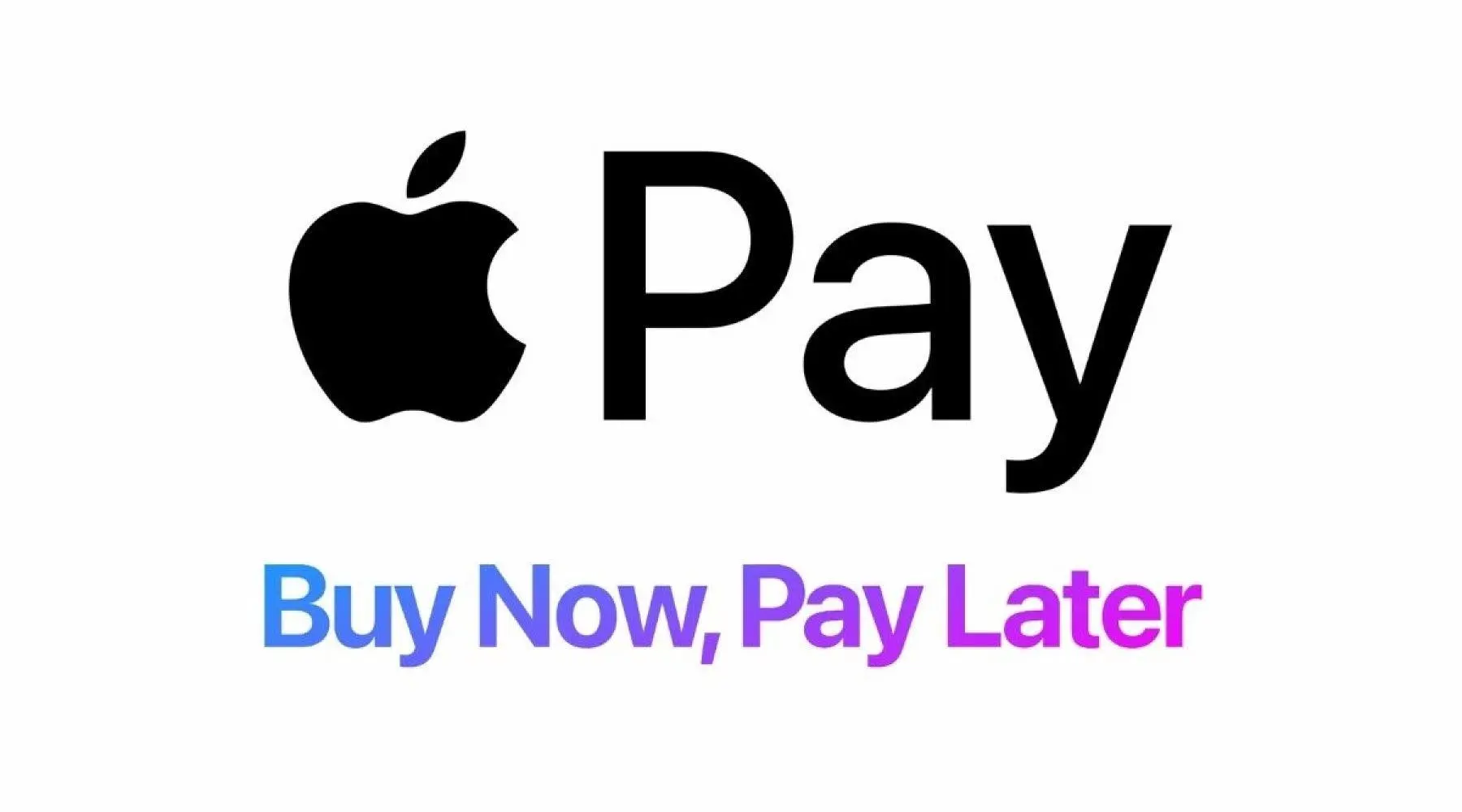Apple ends in-house “Buy Now, Pay Later” loans for Apple Pay, seeking wider installment options through partner lenders
Apple announced on Monday that it has discontinued the issuance of loans through Apple Pay Later, its buy-now-pay-later program that was introduced last year.
Apple announced it would begin enabling installment loans in its Apple Pay purchasing process later this year. These loans will be available through third-party companies like Affirm and credit and debit cards from issuers like Citigroup.
Apple has announced that it will cease to provide Apple Pay Later financing, which allows customers to purchase products online and pay in four interest-free installments at prices of up to $1,000.
The discontinuation indicates that not all of Apple’s new fintech features or products are successful or align with the company’s overarching strategy.
An Apple spokesperson informed CNBC that consumers worldwide would have the ability to access installment loans through credit and debit cards, as well as lenders, when they check out with Apple Pay starting later this year.
“We will no longer provide Apple Pay Later in the United States due to the introduction of this new global installment loan offering.”
Apple stated that users who desired installment plans at purchase would have access to them through other financial intermediaries in more countries worldwide than they would with Apple Pay Later, which was currently only available in the United States.
Apple stated that its primary objective with Apple Pay, the brand name for its contactless and online payment software, was to facilitate secure and private transactions.
Apple noted that users with outstanding loans will continue to have access to Apple Pay Later features to manage and pay their loans.
In the past, Apple Pay Later allowed users to apply for loans using the iPhone Wallet app. Once approved, users would be presented with a “Pay Later” option when conducting online transactions. This feature was discontinued.
The process was particularly noteworthy because Apple assumed greater responsibility for the financial infrastructure than it did for some of its other products, such as the Apple Card.
Apple independently conducted specific credit reviews and loan decisions for the program rather than relying solely on financial partners. A wholly-owned subsidiary of Apple issued the loans.



